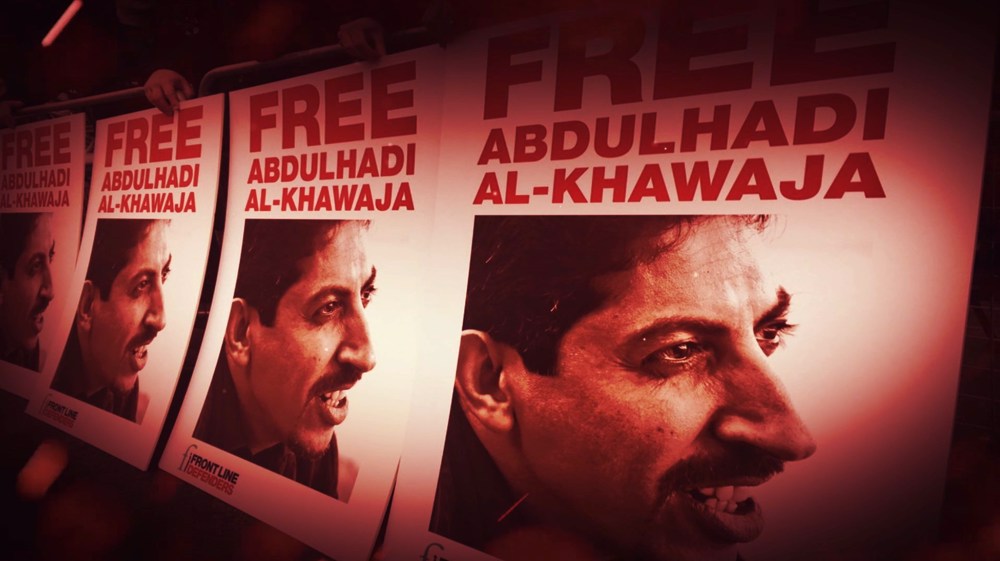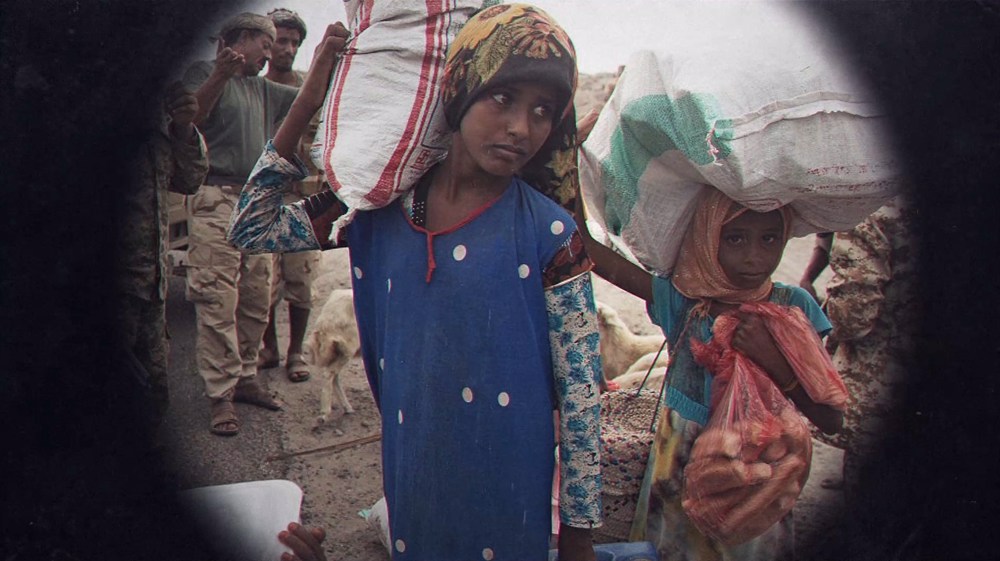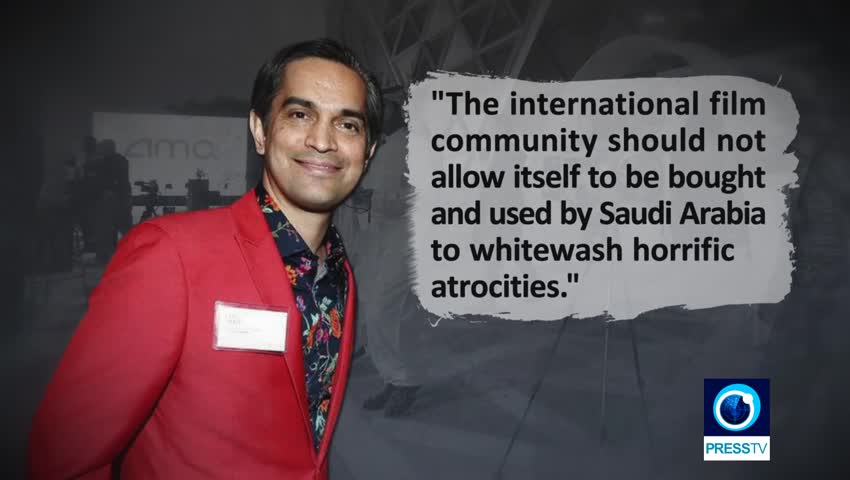Militias of Arabia
On the morning of January 27, 2019, two huge bombs ripped through the main Catholic Church in Jolo, the capital of Sulu province, in the southern Philippines.
The massive explosions claimed the lives of twenty people and maimed over a hundred others. It is widely believed that the bombing was a joint enterprise between local terrorist group Abu Sayyaf and Daesh, both heavily under the influence of Wahhabi ideology.
The upsurge of terrorism in the Philippines and some other parts of Southeast Asia poses these immediate questions: How grave is the situation; to what extent is Saudi Arabia, as the birthplace of Wahhabism, involved in the spread of violence in this corner of the world; and what tricks has Riyadh employed to advance its interests in the regions?
Lavrov warns West against challenging Russia's resolve to defend interests
VIDEO | Press TV's news headlines
Yemen parl. condemns ‘shameful’ silence of Arab states on Israeli crimes in Gaza, Syria
VIDEO | Iran’s Christians mark Christmas with hopes for Gaza resolution
VIDEO | Syrians take to streets nationwide against shrine desecration; HTS militants fire on protesters
IRGC: Yemeni attacks change Israel’s calculations amid regime’s joy over Syria
Hamas calls for action against Israeli settler incursions into al-Aqsa Mosque
'Hell of the hell': UNRWA blasts Israel’s months-long deadly siege on northern Gaza









 This makes it easy to access the Press TV website
This makes it easy to access the Press TV website